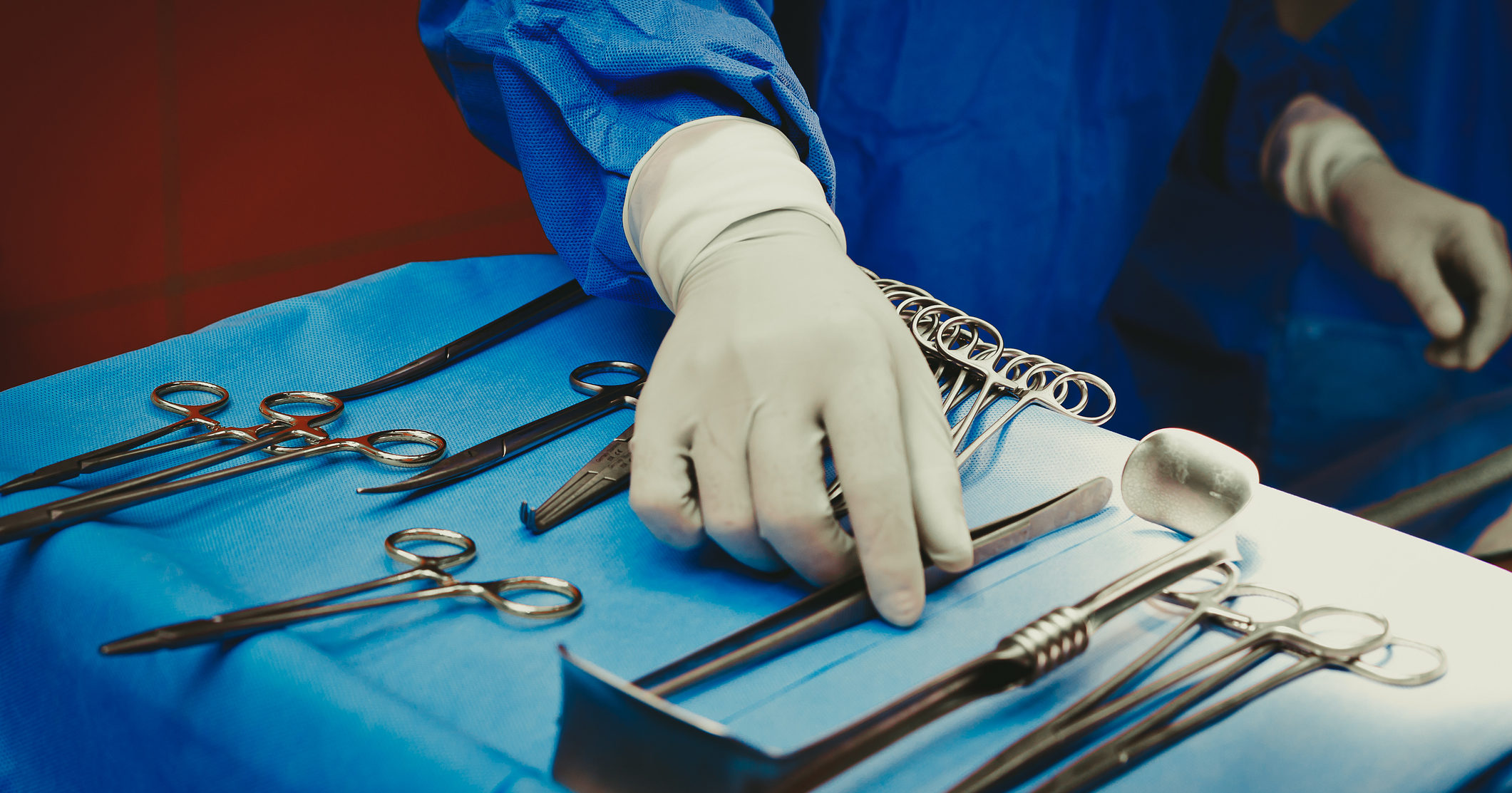Whether you’re a professional doctor or just a passionate hobbyist, performing surgery is one of the most difficult, demanding, and time-consuming activities there is. Becoming a skilled surgeon can take years of training in medical school, or even longer if you’re teaching yourself how to do it, and that can be frustrating. But don’t give up! Here are 5 signs that you’re slowly but surely getting better surgery.
1. Your patient screams the name of a real person before dying instead of the name of some sort of demon only they can see.
If you’re an up-and-coming surgeon, it can be so frustrating when you finish an operation, thinking it went great, and then all of a sudden the patient starts staring at a malevolent being on the far side of the room that nobody else can see and screams something along the lines of, “Oh no…Mr. Hush-And-Quiet has found me!” before dying with their lifeless eyes open wide with terror. This is definitely a sign that the surgery didn’t go as well as it could have. However, if the patient wakes up and shouts something like, “Grandmother! You’re here to shepherd me to some dark room for eternity!” before immediately passing away, this is actually a good sign! When a patient starts having visions of real people like their grandmother instead of supernatural demons like Mr. Hush-And-Quiet, it means that whatever you’re doing to their brain and organs is closer than ever to succeeding!
2. Fewer hungry birds and coyotes come into the room when they hear you prepping for surgery.
Many amateur surgeons still learning the fundamentals might notice that when they start performing an operation, the room will quickly fill with hungry birds and coyotes eager for a taste of whatever organs or other bits of the patient might fall on the ground or get thrown in the garbage. These animals have been conditioned to associate you doing surgery with an opportunity for a free snack! But over time, you’ll notice that more chunks and bits of your patients are staying inside their bodies, and you have fewer treats left over from surgery to feed to all the coyotes and birds crowding the operating room. Eventually, these critters will realize that your operating room just isn’t the buffet of human flesh and guts it used to be, and they’ll move on to something else. It’s a sure sign that your hard work is starting to pay off!
3. The patient’s arms still move on their own volition after the operation, but at least the patient’s arms do not consider their body an enemy worth strangling.
Inexperienced surgeons can easily make honest mistakes that cause their patient’s arms to start waving around on their own volition. This is not good, and will often result in the arms deciding that the body they’re attached to is a prison and start strangling the patient. However, if your patient wakes up and their arms start flailing wildly and grabbing various items to present as gifts to you, then that’s a sign that you’ve made some incremental improvements in your journey toward becoming a master surgeon. Keep at it!
4. You get a sense for which tools in your kitchen are best for which procedures.
The days of awkwardly maneuvering a bread knife and spatula during an appendectomy are long gone, and you’ve figured out at this point that a paring knife, tongs, and turkey baster are the ideal tools to get the job done.
5. Some of your patient’s family members can recognize them after the operation.
One of the most frustrating setbacks for a beginner surgeon is when the patient’s family sees the patient for the first time after surgery and says things like, “What kind of animal is this?” or “Where is my father? Why are you introducing me to this living, screaming pile of hamburger meat?” It can be so deflating to have your hard work go unacknowledged like that! But if you stick with it, you’ll notice that over time, your patient’s families will start saying things like, “That’s my dad. You’ve ruined him,” or “I understand that this is my grandmother, but she is different and worse in ways I can’t articulate.” Keeping your patients recognizable is a difficult skill that even some of the best pro surgeons struggle with, so if you start nailing this, it means that you’re leveling up your surgery game in a major way. Keep at it and you’ll be a master surgeon in no time!





